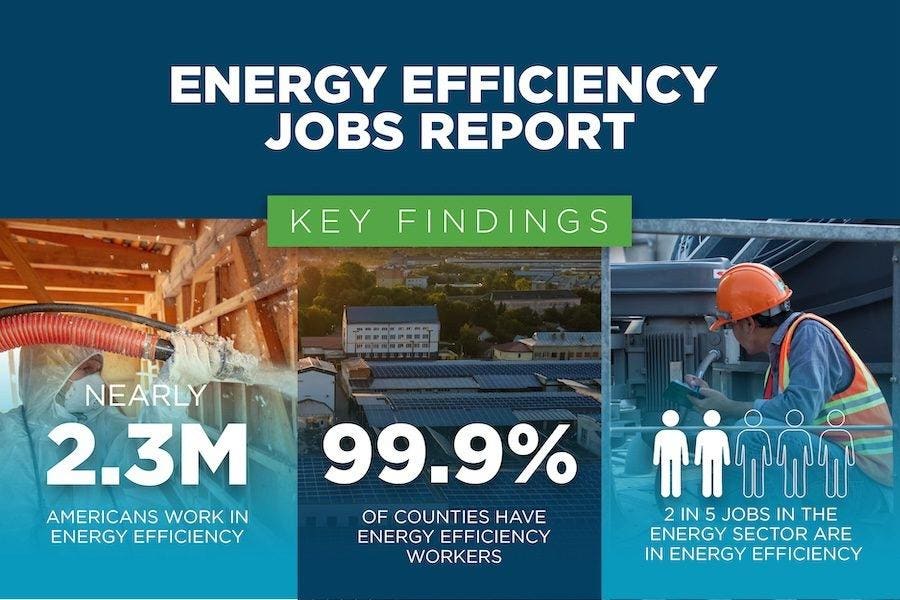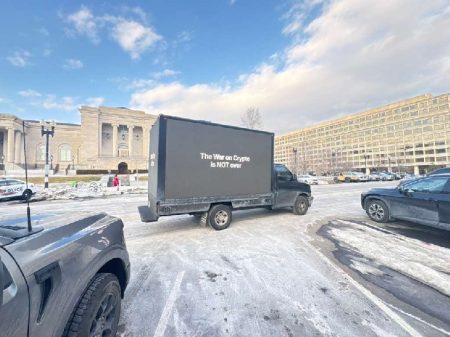The Urgent Need for Energy Efficiency: A Call to Action
The rising tide of climate change and the persistent sting of inflation are converging to create an urgent need for energy efficiency solutions. The average American household unknowingly squanders 30% of its energy consumption due to inefficient systems, translating to an unnecessary $60 monthly drain on household budgets. This inefficiency isn’t just a personal financial burden; it contributes to a larger national problem. Despite comprising only 4% of the global population, the United States consumes a staggering 16% of the world’s energy, a stark imbalance that demands immediate attention. This issue transcends political, social, and economic divides, impacting every citizen regardless of their background or beliefs. The solution lies in embracing energy efficiency, a field ripe with opportunity and poised to reshape our energy landscape.
The Energy Efficiency Workforce: A Powerhouse of Potential
The energy efficiency industry, while not new, is experiencing a renaissance, driven by the dual imperatives of environmental sustainability and economic prudence. Employing 2.3 million workers, this sector accounts for two out of every five jobs in the broader U.S. energy sector. Remarkably, the energy efficiency industry employs more than twice the number of workers as the entire fossil fuel industry, highlighting its significant role in the current energy landscape. This dynamic industry is not just about conserving energy and reducing costs; it’s a potent engine of job creation, offering a wealth of opportunities for skilled professionals and newcomers alike. Federal investments, spurred by growing public concern over climate change and inflation, are further fueling this sector’s growth, creating a virtuous cycle of economic development and environmental stewardship.
The Call for Skilled Workers: An SOS for Energy Efficiency
Buildings, notorious energy guzzlers, account for a whopping 40% of total energy consumption in the United States. This stark reality underscores the urgent need for a rapid expansion of the energy efficiency workforce. The industry is facing a critical shortage of skilled professionals, hampered by competition for talent and a limited pool of qualified applicants. The cry for help is resounding: we need skilled workers now. This pressing demand translates into a golden opportunity for individuals seeking meaningful and impactful careers. The energy efficiency industry is actively seeking skilled workers to implement energy-saving solutions, a quest that benefits both the environment and the economy.
Workforce Development: Paving the Path to a Sustainable Future
Recognizing the critical skills gap, numerous organizations are stepping up to provide free or low-cost training programs. These initiatives aim to equip individuals with industry-recognized credentials, accelerating their entry into this rapidly growing field. The Department of Energy’s Better Buildings Initiative acknowledges the challenges employers face in finding qualified candidates, emphasizing the need for enhanced skills and experience. This focus on workforce development is not limited to attracting new talent; it also includes upskilling existing workers, enabling them to advance their careers and contribute more effectively to the energy efficiency mission. This dual approach ensures a robust pipeline of talent, both new and seasoned, to meet the growing demands of the industry.
Beyond Climate Change: The Broader Benefits of Energy Efficiency
The benefits of energy efficiency extend far beyond mitigating climate change. It’s a powerful economic driver, creating jobs across a wide spectrum of activities, from manufacturing energy-efficient appliances to constructing well-insulated buildings and providing energy-saving services like weatherization. This ripple effect extends to supporting industries, creating jobs in supply chains that provide components for efficient products. Furthermore, energy efficiency frees up household budgets by reducing energy bills, allowing consumers to invest or spend that money elsewhere in the economy, stimulating further growth. This multifaceted impact underscores the importance of energy efficiency as a vital contributor to economic prosperity and job creation.
Embark on a Mission: A Rewarding Career in Energy Efficiency
For those seeking a purpose-driven career, the path is clear: join the energy efficiency mission. This isn’t merely a job; it’s an opportunity to contribute to a more sustainable and economically vibrant future. The industry offers a diverse range of roles, catering to a variety of skills and backgrounds. The demand for skilled workers is high, guaranteeing job security and ample opportunities for career advancement. By choosing a career in energy efficiency, individuals can make a tangible difference in the world while building a fulfilling and prosperous future. Embrace the challenge, seek out training opportunities, and become a part of the solution. The future of energy efficiency, and indeed our planet, depends on the dedication and expertise of skilled professionals committed to this vital mission.












